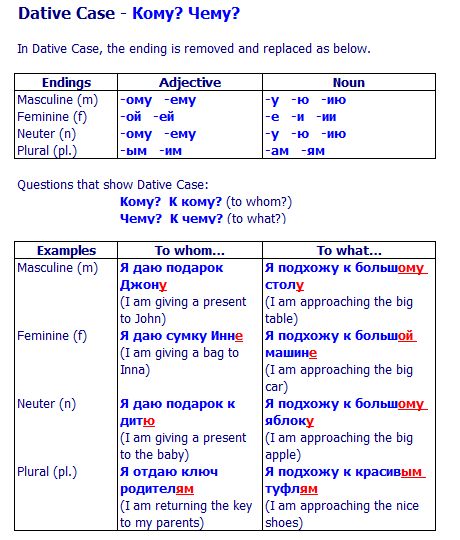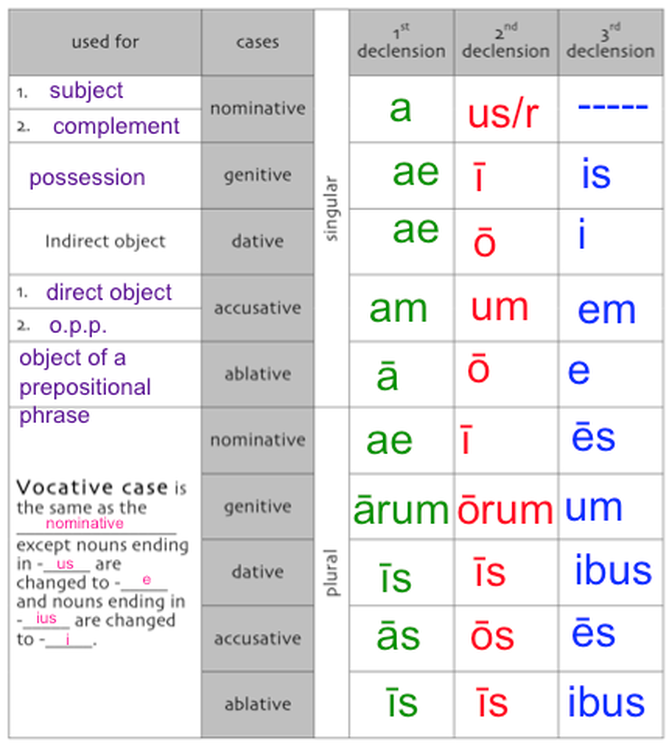

“Delenda” is a future passive participle, or gerundive, which we will study later. The following sentences and quotes are commonly found in LatinĬato’s famous slogan. He will go from London to New York tomorrow. Note that locative is used for cities, not countries. Named after Hamilcar Barca, Hannibal’s father Jaceō (iaceo), jacēre, jacuī, jacitum, intr. New Vocabulary Latinĭomus, us (f.) (4th declension but with some 2nd decl. We’ll learn some city names today that have been around since Roman times, and are generally recognized as the official Latin names of those cities. But for other words (names of countries or large islands, for example) you must still use a preposition: ad Italiam = to Italy ab Americā = from America. Words that use a locative to express “place where” use the ablative alone, with no preposition, to express “place from which”, and they use the accusative alone to express “place to which”. Domi = at home ruri (rure) = in the country humi = on the ground. Carthago becomes Carthagine (or Carthagini) = at Carthage.īesides the cities, towns and small islands, there are a handful of other very common words that use a special locative.


Nouns of declensions 3-5 also use the same ending as the ablative (or sometimes the dative). Athenae = Athens becomes Athenis = in/at Athens and Cumae becomes Cumis. Certainly Hibernia (Ireland) today has many towns, but in ancient times there were some uses of Hiberniae for the locative.ġst / 2nd declension plural nouns take the same ending as the ablative (-is). “Large islands” for the Romans were Sicilia, Sardinia, Corsica, Cyprus, Crete, and Britannia. There is a very good video tutorial on the locative case here but I will also explain as well as I can below.ġst and 2nd declension nouns, if singular, use the same ending as the genitive case (-ae for 1st, -i for 2nd): Roma becomes Romae = at Rome Corinthus becomes Corinthi = at Corinth. Classical Latin also uses the remains of a locative case, an adverbial form that describes the “place where”, but only for names of cities, towns, and islands small enough for only one city/town.
GENITIVE CASE LATIN ENDINGS PLUS
We have learned 5 cases for Latin nouns, plus the vocative case for 2nd declension. We will have a break from verbs this lesson as we play with geography and place names. If you would like to catch up, you can find a directory of lessons, a classified vocabulary list, and Memrise courses at the links on the right. Here you can peruse a new lesson in Latin, in a simple format. Learn the endings of each case for each declension by going to the pages of the declensions.Salvēte omnēs! Welcome back to Latin for Wikiversity. Learn more about the different cases and their uses by going to their individual pages. You see? Urbs (city) and Roma (Rome) name each other, so they are both in the same case - nominative. The nouns that are in apposition to each other are in red. One important thing to remember - nouns in apposition to each other (meaning they name each other) will always be in the same case. Some Latin students use the acronym SPIDA to remember the most common uses of the 5 main cases. Five of them - nominative, genitive, dative, accusative, and ablative - are used a lot, while the other two, vocative and locative, aren't used very much. Just repeat the endings over and over out loud until you remember them. You will need to memorize the endings for all 7 cases, singular and plural, of each declension. Sadly, memorizing is a part of Latin. The endings for each case are different based on a word's declension and number. We know how each word is to be understood in the sentence because of the word's case, which we can identify based on the word's ending. In Latin, all of the following sentences mean "The girl loves the boy."
GENITIVE CASE LATIN ENDINGS HOW TO
In English, we know how to understand words in a sentence based on their order, but in Latin, word order doesn't (usually) matter! In spoken Latin, the case is the way the noun is inflected, but in written Latin, it determines the endings of nouns. A noun's case tells how it should be understood in a sentence.


 0 kommentar(er)
0 kommentar(er)
